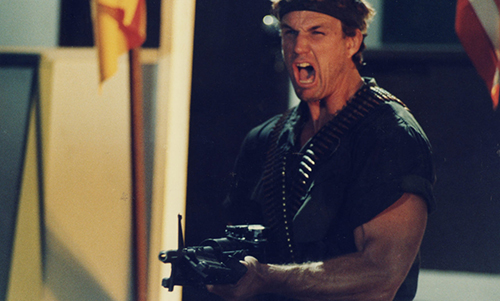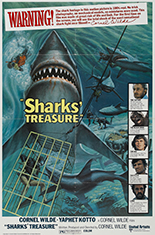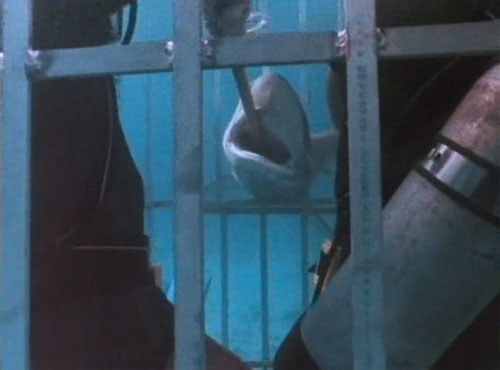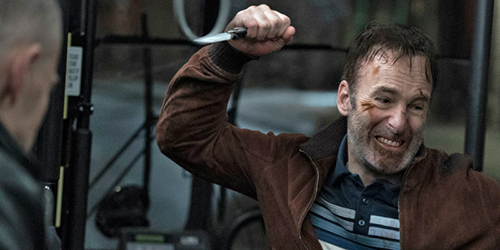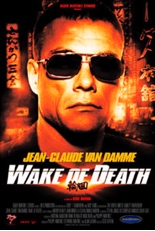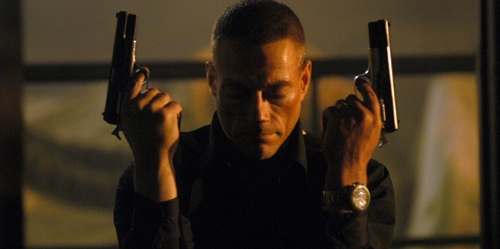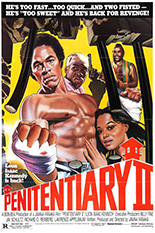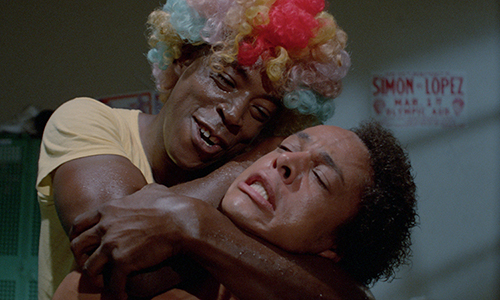
 Strike One to SAT Eagle! Strike One to SAT Eagle! As Sgt. Michael Ransom, Strike Commando star Reb Brown establishes a four-step schtick for not only his wronged-soldier character, but for the apex of his filmography. It goes
Strike One to SAT Eagle! Strike One to SAT Eagle! As Sgt. Michael Ransom, Strike Commando star Reb Brown establishes a four-step schtick for not only his wronged-soldier character, but for the apex of his filmography. It goes a little something like this:
1. Walk a few steps before halting with purpose.
2. Recite the first name of thy enemy with anger.
3. Emit a scream as prolonged as possible …
4. … as you unload a machine gun in a back-and-forth motion to an excessive degree — ideally in equal time to item No. 3.
It works every time. He executes this bit several times throughout Strike Commando because it’s what Sly Stallone’s John Rambo would do, and Strike Commando could not exist without that big bowl of First Blood Part II. As staged by Italy’s primo cinema imitator, Bruno Mattei (Cruel Jaws), Ransom vows revenge on his traitorous superior, Radok (Christopher Connelly, 1990: The Bronx Warriors), for sabotaging a midnight mission in Vietnam that left all Ransom’s buddies dead.
“They all demand justice!” Ransom cries, clearly in a presumption on his part.
Radok thinks Ransom is no longer alive, either, but our hero somehow survives and somehowier slowly floats his way under miles of dirty water to the safety of a village whose populace greets him in mass whiteface. There, Ransom befriends a “Frenchman” (Luciano Pigozzi, the Italian Jack Elam, reuniting with Brown after Yor: The Hunter from the Future) and gains a li’l buddy in the boy Lao (Edison Navarro, Mattei’s Double Target). Lao quizzes Ransom on all things Disneyland; the American tells his young charge that at the park, popcorn and ice cream grow on trees. The fuck they do!
As with everyone Ransom so much as glances at, these poor saps soon are drained of their lifeblood as well, with Lao’s expiration an absolute classic of ’80s he-man cinema. With these deaths at the doing of Russian meat slab Jakota (Alex Vitale, Beyond the Door III), Ransom gains two opponents, and our one movie is all the better for it, affording us a thrifty montage of Ransom undergoing various acts torture; as viewers of the DVD-multipack-bin “favorite” The Firing Line know, these are the type of scenes in which Brown gives it his all.
While he lacks acting skills, Brown gives the movie something — something I failed to notice until watching Mattei’s 1988 follow-up, Strike Commando 2, in which Ransom is played instead by human blank Gwendoline’s Brent Huff. With this switcheroo, the sequel is such a snore, it needs a CPAP machine. Venture no further than original-recipe Strike Commando and all of its Rebness. As Joni Mitchell warned — and we ignored, so Counting Crows and Cinderella had to remind us — you don’t know what you’ve got ’til it’s gone. Also, there’s cockfighting. —Rod Lott

